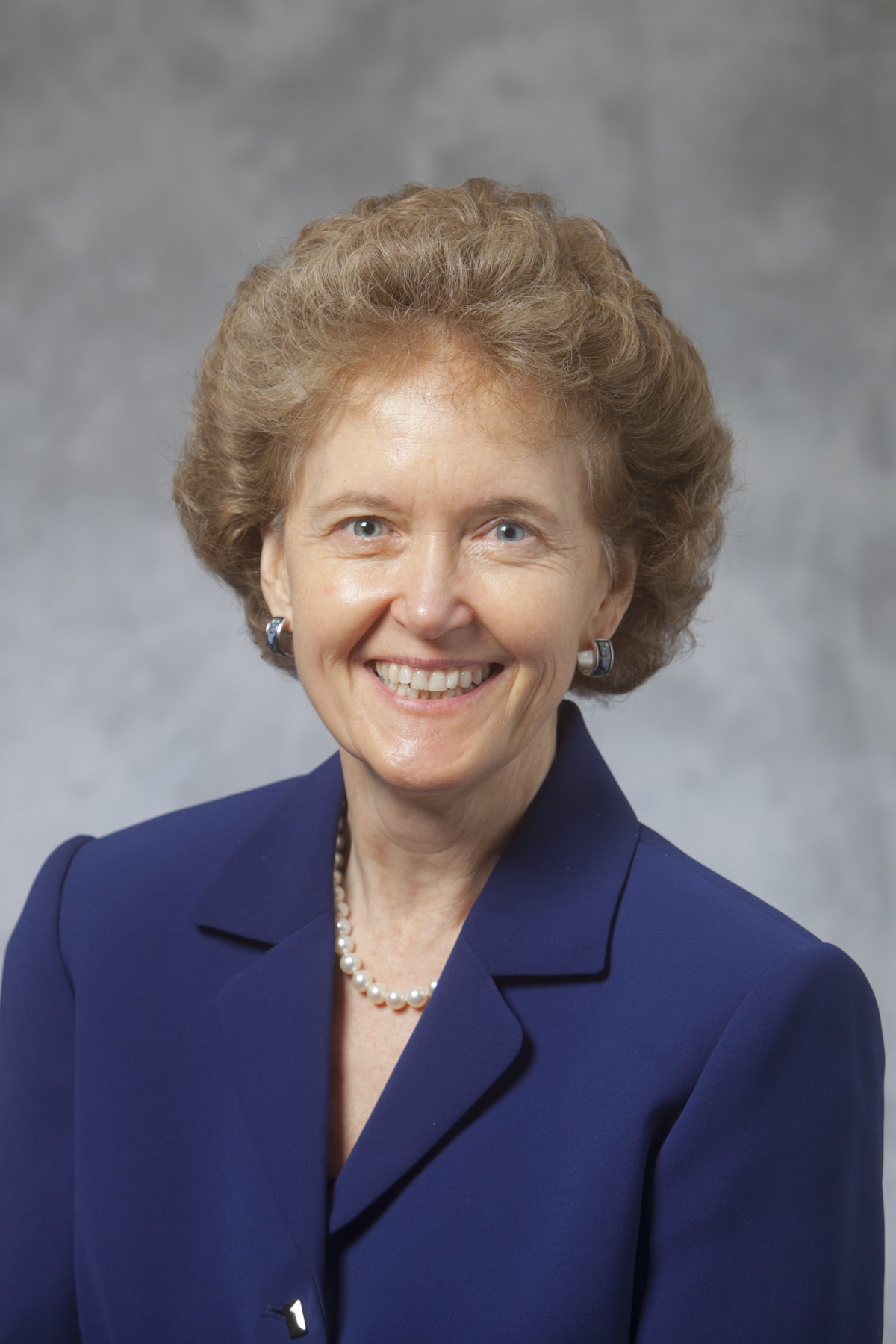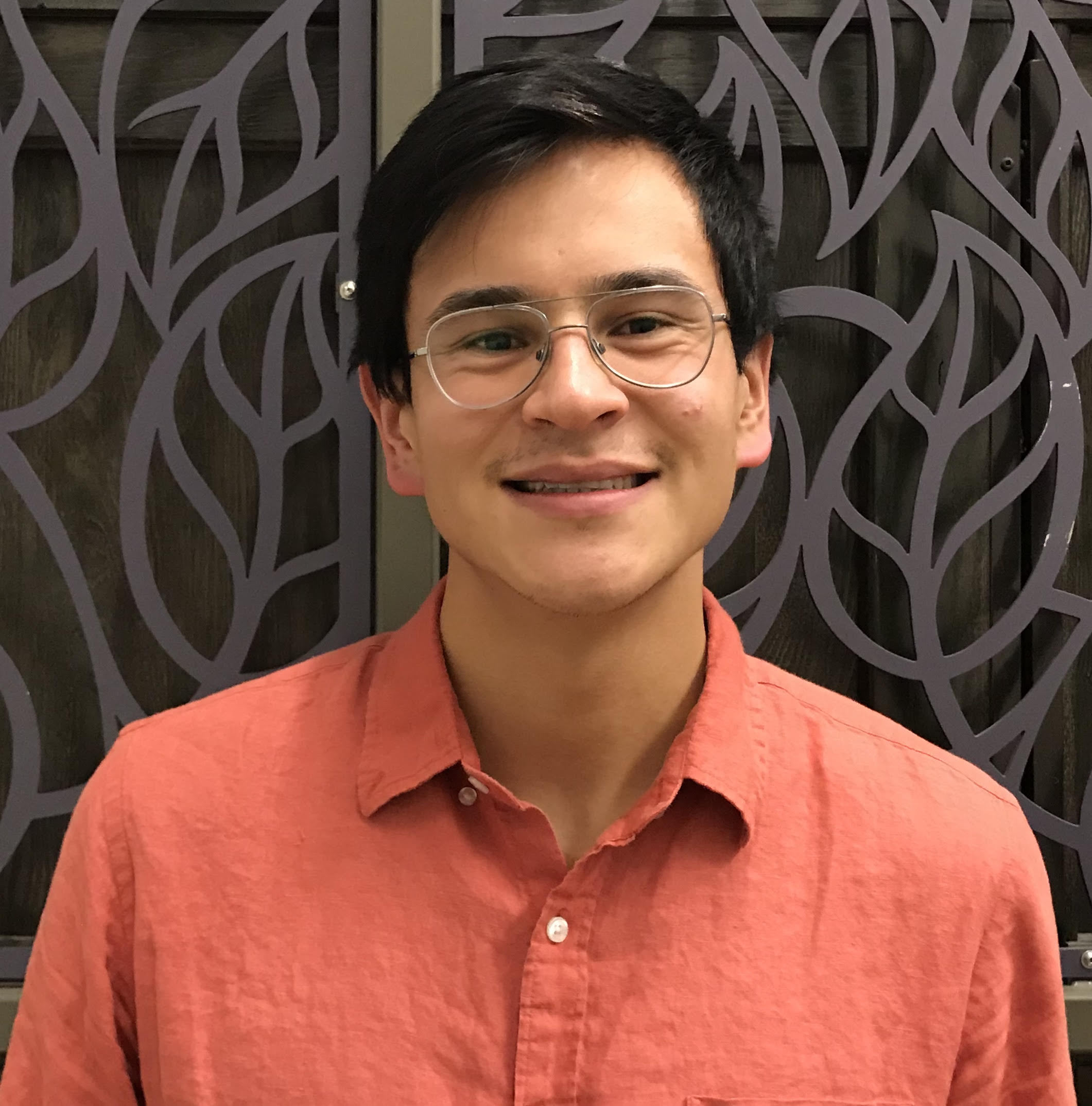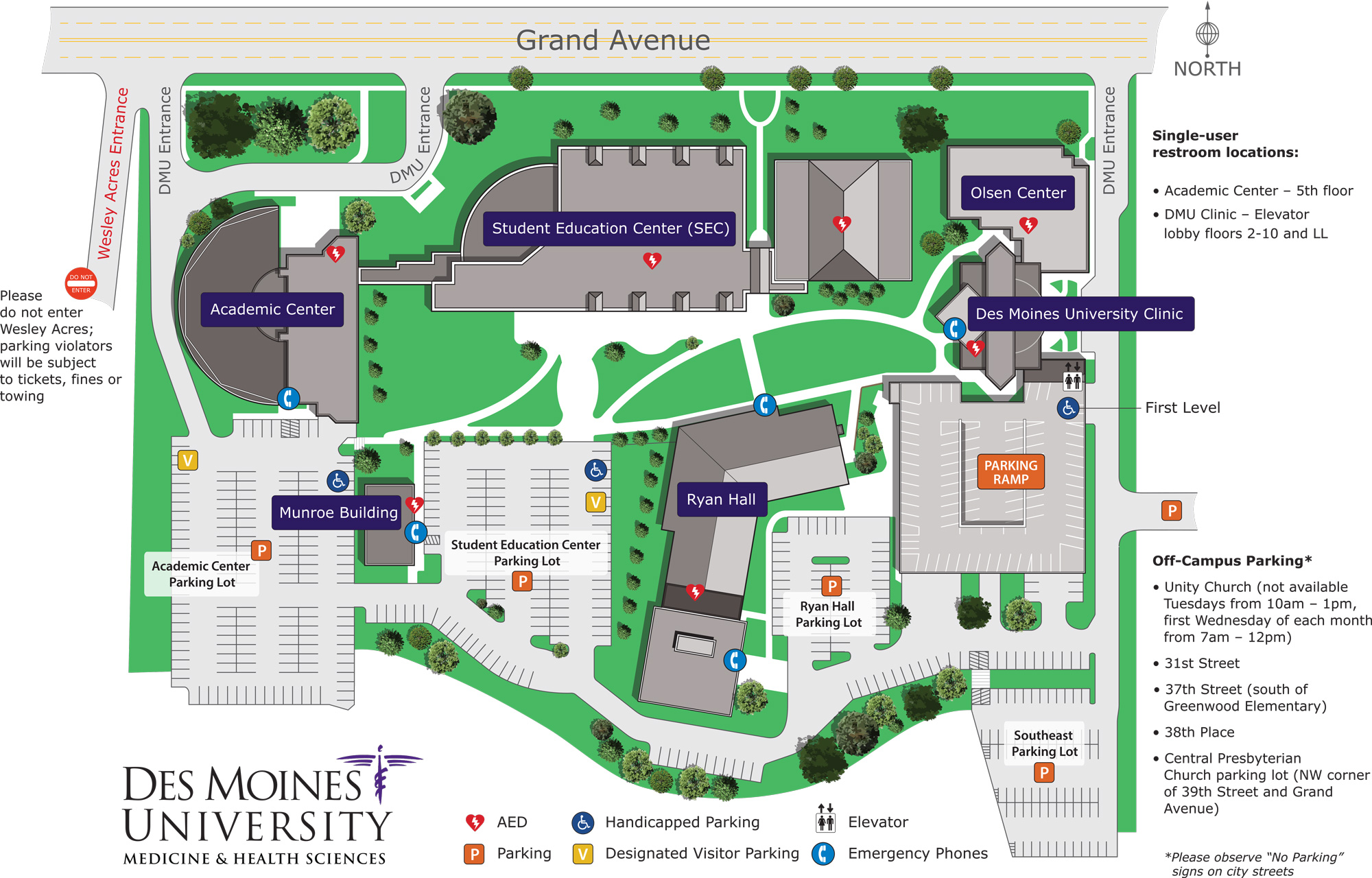Stepping Beyond the “Step 1 Climate”

| Registration |
|---|
|
Series Description
Basic science education in the medical curriculum is facing a challenge. Despite the fact that health science curricula teach foundational science integrated with clinical science, lecture halls are essentially empty and students rely more and more on review books to prepare for USMLE Step 1. How can basic science instruction continue to fulfill its mission of providing a scientific approach to the practice of medicine? The IAMSE spring series is addressing this question by presenting several new approaches to improve foundational science instruction beyond integration with the clinical sciences. After an introduction that describes the challenge and proposes new roles for basic science educators, the audience will learn from the experiences of a lecture-free curriculum, from a curriculum with foundational science instruction during the clerkship years and from schools who place USMLE Step 1 after clinical clerkships. Finally, the audience will hear the latest status on the role and impact of USMLE Step 1 on medical education. The series will provide participants with a better understanding of the issues and current trends in novel foundational science curricula.
Webinar Description
Join a conversation about how our medical education community could collaboratively address the “Step 1 climate” that is described by medical students in a recent Academic Medicine article. The lead author will explore how Step 1 has inadvertently but incontrovertibly adversely altered the pre-clinical learning environment, specifically with regard to the quality of education, diversity, and student well-being. The author of an accompanying commentary will provide historical context as to the purpose for which this test was designed and the unintended consequences as it has been used for other purposes, such as residency selection. Bring creativity, imagination, and a willingness to seek consensus options that address all stakeholder group needs.
Speakers

Kathy Andolsek, MD, MPH, is a professor of Community and Family Medicine and Assistant Dean of Premedical Education at Duke University School of Medicine. She holds BS, MD and MPH Degrees from Northwestern University and Northwestern Feinberg School of Medicine and completed her family medicine residency at Duke. She has served most of her professional life in community health and medical education, primarily graduate medical education. She a past member of the steering committee, and former chair of the Association of American Medical Colleges Group on Residency Affairs. She is an associate editor of the Journal of Graduate Medical Education, a member of the Board of Directors of the Accreditation Council for Graduate Medical Education, and vice chair of the North Carolina Physicians Health Program’s Board of Directors. She continues to learn best from her children: a national board-certified teacher [public grade school music], an actor, an innovations consultant, and an Orthopaedic resident. All of her opinions are her own and do not reflect any of the organizations or institutions with which she is affiliated.

David Roy Chen, BA, MS-3, is a third-year medical student at the University of Washington School of Medicine in Seattle, Washington. He graduated magna cum laude from the University of Washington with a degree in Comparative History of Ideas in 2014. For his senior thesis on migrant farming, ethics, and religion he received the Harry Bridges Labor Studies Best Undergraduate Paper Award and the Mary Gates Scholarship. His extra-curricular activities in medical school have centered on anti-racism, and he is the first author of a paper published in Academic Medicine titled, “Student Perspectives on the ’Step 1 Climate’ in Preclinical Medical Education.” He plans to pursue a career in Family Medicine and produce scholarship on evidence-based medical education.

Des Moines University is located on a 22-acre campus in the heart of Des Moines, Iowa. Just west of downtown on Grand Avenue, the University is located in one of Des Moines' most prestigious neighborhoods. The campus is in a historic neighborhood filled with tree-lined streets and gracious older homes and businesses. Its central location makes it easy to access the rest of the city and outlying communities. The campus is close to the Des Moines International Airport, located on the bus line and just blocks from local shopping and downtown Des Moines.

Available Credit
- 1.00 CE Contact Hour(s)

 Facebook
Facebook X
X LinkedIn
LinkedIn Forward
Forward